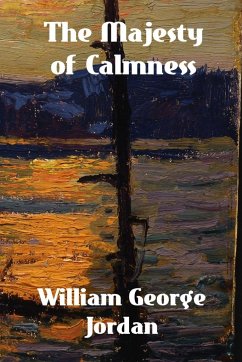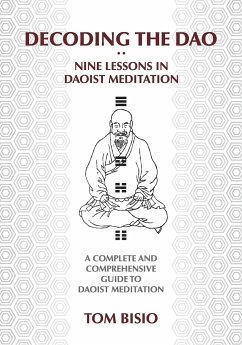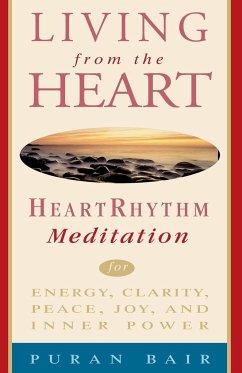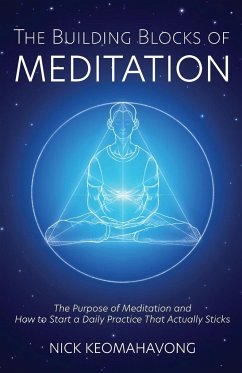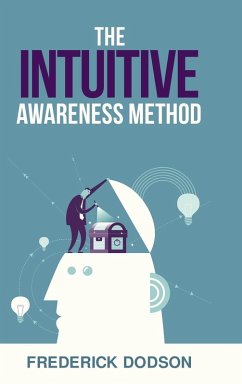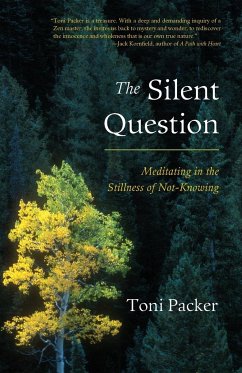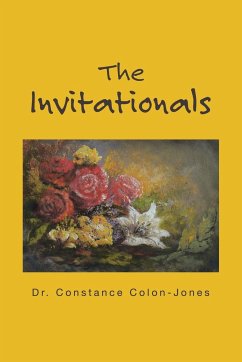
The Majesty of Calmness
Individual problems and possibilities
Versandkostenfrei!
Versandfertig in 1-2 Wochen
17,99 €
inkl. MwSt.

PAYBACK Punkte
9 °P sammeln!
Calmness is the rarest quality in human life. It is the poise of a great nature, in harmony with itself and its ideals. It is the moral atmosphere of a life self-centred, self-reliant, and self-controlled. Calmness is singleness of purpose, absolute confidence, and conscious power,--ready to be focused in an instant to meet any crisis. The Sphinx is not a true type of calmness,--petrifaction is not calmness; it is death, the silencing of all the energies; while no one lives his life more fully, more intensely and more consciously than the man who is calm. The Fatalist is not calm. He is the co...
Calmness is the rarest quality in human life. It is the poise of a great nature, in harmony with itself and its ideals. It is the moral atmosphere of a life self-centred, self-reliant, and self-controlled. Calmness is singleness of purpose, absolute confidence, and conscious power,--ready to be focused in an instant to meet any crisis. The Sphinx is not a true type of calmness,--petrifaction is not calmness; it is death, the silencing of all the energies; while no one lives his life more fully, more intensely and more consciously than the man who is calm. The Fatalist is not calm. He is the coward slave of his environment, hopelessly surrendering to his present condition, recklessly indifferent to his future. He accepts his life as a rudderless ship, drifting on the ocean of time. He has no compass, no chart, no known port to which he is sailing. His self-confessed inferiority to all nature is shown in his existence of constant surrender. It is not,-- calmness.





